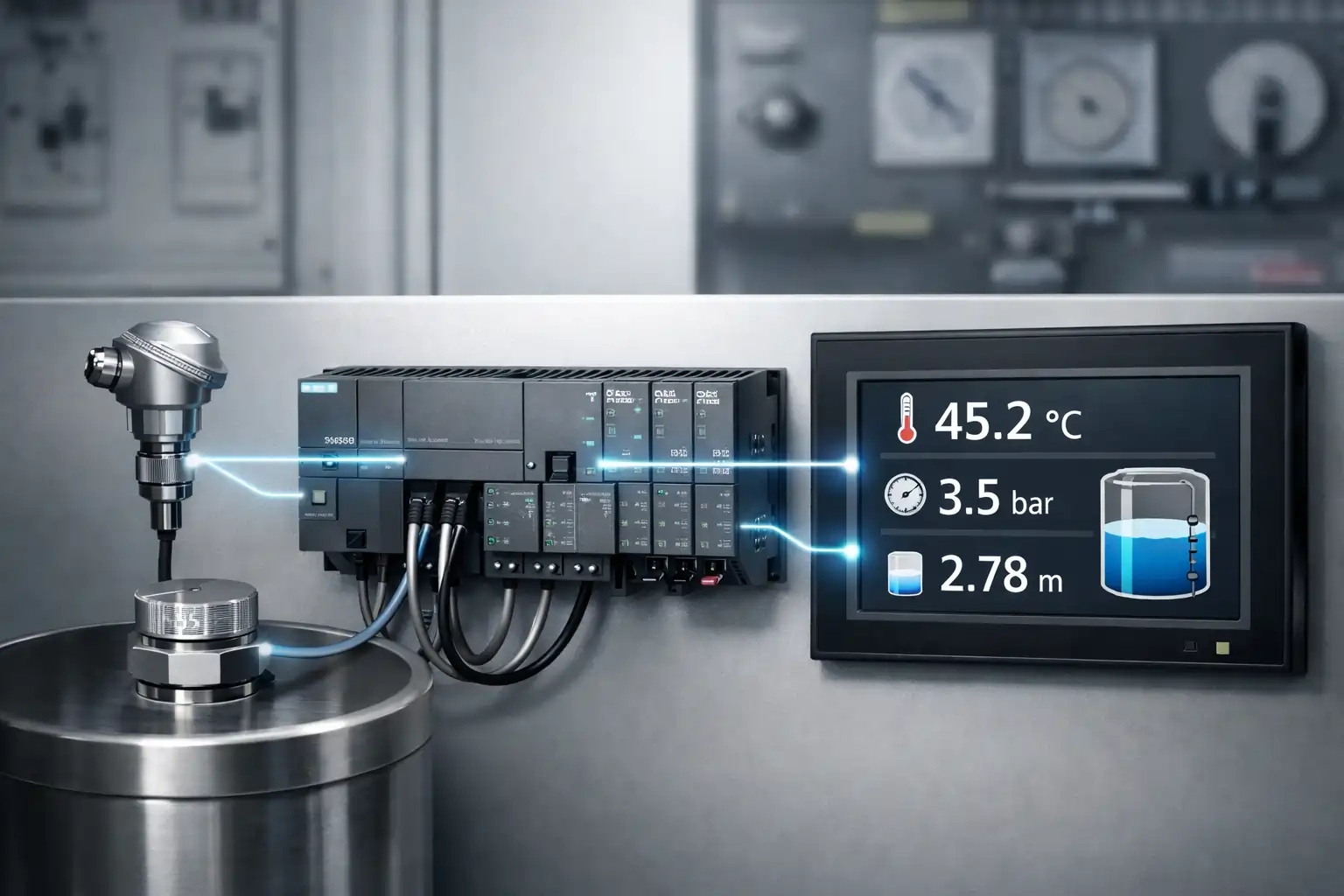When industries upgrade their electrical panels, one of the most common questions is: Should I choose a soft starter or a VFD? Most installers give you a quick answer, but rarely explain the hidden factors that impact cost, efficiency, and long-term performance. In this guide, we’ll uncover what really sets a soft starter vs VFD apart – and how to decide which one is right for your operations in 2025.
What is a Soft Starter in the Soft Starter vs VFD Comparison?
A soft starter is an electrical device that reduces the initial voltage supplied to a motor during startup. Instead of a sudden jolt of full power, the motor gradually ramps up, preventing electrical and mechanical stress.
- Use Cases: Pumps, compressors, fans, conveyors.
- Advantages: Lower initial cost, simple installation, reduced mechanical wear.
- Limitations: Does not control motor speed, limited energy savings.
In Bhopal and across India, soft starters are still widely used in industries where startup protection is more important than speed control.
What is a VFD (Variable Frequency Drive) in Soft Starter vs VFD?
A VFD (Variable Frequency Drive), also called an AC drive, controls both the speed and torque of a motor by varying the frequency of electrical supply.
- Use Cases: HVAC systems, elevators, process automation, energy-intensive industries.
- Advantages: Full motor speed control, higher energy efficiency, reduced operational costs.
- Limitations: Higher initial investment, requires technical expertise, more complex maintenance.
The VFD full form in electrical engineering itself highlights its purpose – precise frequency variation for total control.
Soft Starter vs VFD: Key Differences Installers Don’t Emphasize
| Parameter | Soft Starter | VFD (Variable Frequency Drive) |
| Cost | Lower upfront cost | Higher upfront cost |
| Motor Control | Startup only | Full speed + torque control |
| Energy Savings | Minimal | Significant (20–50% in some cases) |
| Complexity | Easy to install & maintain | Requires trained engineers |
| Best For | Pumps, conveyors, fans | HVAC, elevators, automation lines |
Most installers only tell you that VFDs are expensive and soft starters are cheaper. What they don’t tell you is that over a 5-year cycle, a VFD often pays for itself through energy savings – especially in industries with continuous operation.
Applications of Soft Starter and VFD in Industries
- Soft Starter: Ideal for industries that want to protect motors during startup but don’t need variable speed control.
- VFD: Perfect for industries focused on energy management, automation, and precision – from process automation in Bhopal to energy management systems across India.
By understanding your load type, duty cycle, and energy costs, you can make a smarter decision than just following your installer’s suggestion.
The Pros and Cons Installers Might Skip
Soft Starter – Pros:
- Affordable
- Reduces mechanical stress
- Compact design
Soft Starter – Cons:
- Limited functionality
- No real energy savings
VFD – Pros:
- Advanced motor control
- Energy efficiency (up to 50% savings)
- Enables IoT & SCADA integration
VFD – Cons:
- Higher cost upfront
- More complex wiring and programming
Which One Should You Choose in 2025?
- Choose Soft Starter if: Budget is tight, and your application only needs controlled startup.
- Choose VFD if: You want automation, energy efficiency, and long-term ROI.
At AKNItech, we provide PLC panels, VFD panels, and soft starter panels designed for Indian industries. Our solutions integrate with SCADA in IoT, MIS panels, and process automation systems, ensuring your investment delivers returns for years.
Your Next Step Towards Smarter Panels
Understanding the difference between a soft starter vs VFD isn’t just about cost – it’s about efficiency, performance, and future-proofing your operations. Don’t settle for what your installer tells you at face value. Ask the right questions, consider your long-term goals, and choose a solution that keeps your industry competitive.
Looking for Soft Starter or VFD Panels in Bhopal? Contact AKNItech today for custom-designed electrical panels and automation solutions that power the factories of tomorrow.







